North Sea industry veteran Sir Ian Wood has hailed UK Government approval for developing the giant Rosebank oilfield west of Shetland as a boost for the economy and Britain’s energy security.
The Aberdeen-based billionaire said: “The approval of Rosebank is a hugely welcome development.
“It will make a significant contribution toward achieving greater economic and energy security for Scotland and the UK.
Sir Ian says project will sustain thousands of jobs
“By undertaking homegrown production we avoid costlier, higher carbon imports, whilst simulatenously sustaining thousands of jobs and providing much needed certainty for our entire energy sector.
“Indeed, it is the critical mass of skills, supply chain companies and financial capital of our world-class oil and gas sector that will underpin our ability to accelerate the transition to net-aero and help us reposition the north-east of Scotland as a globally recognised renewables energy cluster.”
Rosebank was approved by the North Sea Transition Authority (NSTA) earlier today.
Prime Minister Rishi Sunak said developing the oilfield was “the right long-term decision” for the UK’s energy security.
Equinor and field partner Ithaca Energy will together invest more than £3.1 billion in the project targeting 300 million barrels of oil in two phases.
Rosebank is the largest untapped oilfield in UK waters.
Folly or ‘national self-harm’
The development, 80 miles north-west of Shetland, is one of the most controversial projects in the sector, with environmentalists and members of the academic community arguing its approval isn’t acceptable for net-zero targets.
But the industry, in line with Sir Ian, says Rosebank is needed to mitigate reliance on oil and gas imports, which have larger CO2 profiles.
Chamber chief says approval of Rosebank a ‘shot in the arm’ for UK energy
Aberdeen and Grampian Chamber of Commerce Russell Borthwick said: “Rosebank will make an important contribution to UK and European energy security, create several hundred new jobs here in Scotland and result in over £6 billion being spent within the UK supply chain, which is anchored in Aberdeen and Aberdeenshire.
“Crucially, while its approval will generate vast economic benefits, it will not increase the UK’s projected emissions.
“Today’s announcement is a welcome shot in arm for the UK energy sector which will give investors, operators and the wider supply chain confidence as they strive to provide the power we need here and now and transition towards a net zero future.”
Former BP executive Jim Halliday said:” Failing to develop this national asset with the consequences on the supply chain, highly skilled jobs and tax revenues would be an act of national self-harm.”
According to Offshore Energies UK chief executive David Whitehouse, the UK needs “more projects like Rosebank”.
Mr Whitehouse added: “By promoting homegrown production, we avoid costlier, higher carbon imports, while making more reliable supplies of energy in the UK, for the UK.”
Labour leader Sir Keir Starmer confirmed his party will not revoke the licence for Rosebank if it wins the next general-election.
But First Minister Humza Yousaf said he was “disappointed” and concerned.
In a posting on X, formerly Twitter, Mr Yousaf said: “We’ve raised concerns that the majority of what is extracted from Rosebank will go overseas, not remain in Scotland or the UK.”
🧵I'm disappointed #Rosebank has been given the go-ahead. We've raised concerns that the majority of what is extracted from Rosebank will go overseas, not remain in Scotland or the UK.
We're investing £500m so workers & industry transition from fossil fuels to a net zero future. https://t.co/YfcJCqs5QQ
— Humza Yousaf (@HumzaYousaf) September 27, 2023
Meanwhile Mr Yousaf’s predecessor, Nicola Sturgeon, argued that “by consuming scarce resources that could be going to renewables, it risks slowing the green transition and the jobs that come from it”.
West Aberdeenshire and Kincardine Conservative MP Andrew Bowie Rosebank’s approval made “perfect sense for consumers facing high energy bills, the economy and our own journey towards net-zero.”
Mr Bowie added: “We need to strike the right balance between fossil fuels and renewable energy sources. Decarbonisation must be a gradual shift. It will ensure secure, affordable, and eco-friendly industries which keep tens of thousands of people in highly-skilled work.
“Throwing North Sea production and all those jobs off a cliff edge is not the answer.”
‘Morally obscene’
But Caroline Lucas MP, former leader of the Green Party said giving the green light to the huge new Rosebank oilfield was “morally obscene”.
She added: “This government must be held accountable for its complicity in this climate crime.
“Energy security and cheaper bills aren’t delivered by allowing highly-subsidised, foreign-owned fossil fuel giants to extract more oil and gas from these islands and sell it overseas to the highest bidder.”
Greenpeace said the decision was “nothing but carte blanche to fossil fuel companies to ruin the climate, punish bill payers and siphon off obscene profits”.
Meanwhile, Unison said developing Rosebank “shows the government is not committed to achieving net-zero”.
Christina McAnea, the union’s general secretary, added: “There is no guarantee the new oil will benefit the country. It’ll still need to be sold on the international market, not only to UK consumers.”
Decision may face legal challenge
Although it will be seen by many as a boon to the UK industry, hit with uncertainty over the energy profits levy, or “windfall” tax and project approvals, NSTA’s decision will almost certainly follow others in being legally challenged by activists.
Equinor has said Rosebank could be producing through to the year 2051 but, due to a process of electrification, its emissions will count for only 1.6% of the overall UK offshore sector.
The development is expected to support around 1,600 jobs at the height of construction and 450 during the lifetime of the field.
The Rosebank project will create thousands of jobs and contribute significantly to securing the UK’s energy needs for many years to come.”
Gilad Myerson, chairman, Ithaca Energy
Equinor UK senior vice president Arne Gurtner said: “I understand that for some people this decision will be counter intuitive, even divisive.
“But we know that by developing Rosebank we are investing in homegrown energy to provide a secure supply of oil and gas, while ensuring it has low production emissions.”
Ithaca chairman Gilad Myerson said: “We are now poised to embark on a journey that will not only provide critically important domestic energy but also ignite substantial economic impact.
“The Rosebank project will create thousands of jobs and contribute significantly to securing the UK’s energy needs for many years to come.”
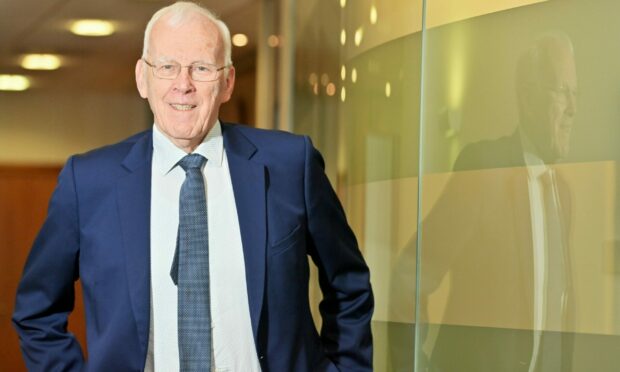
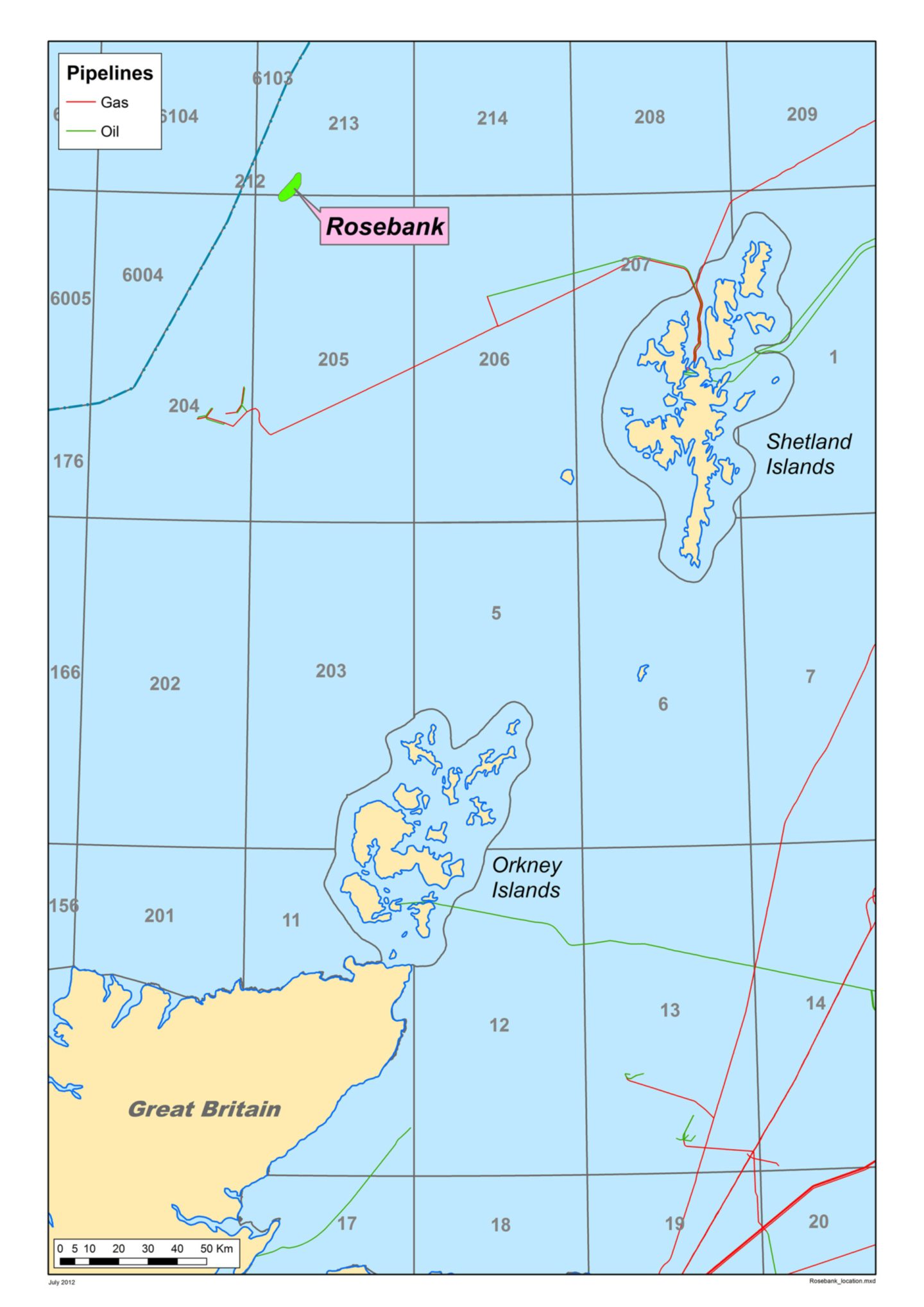
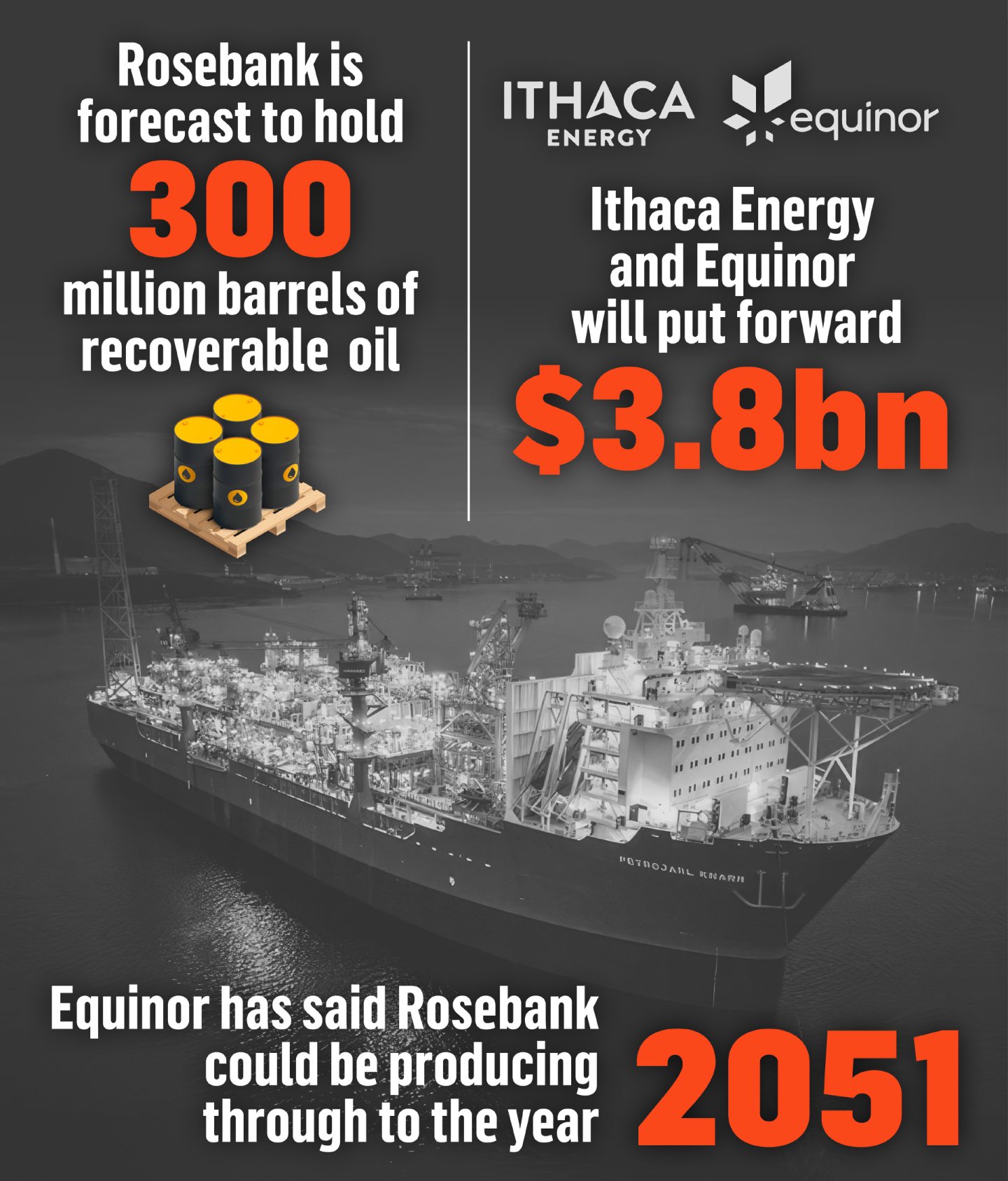

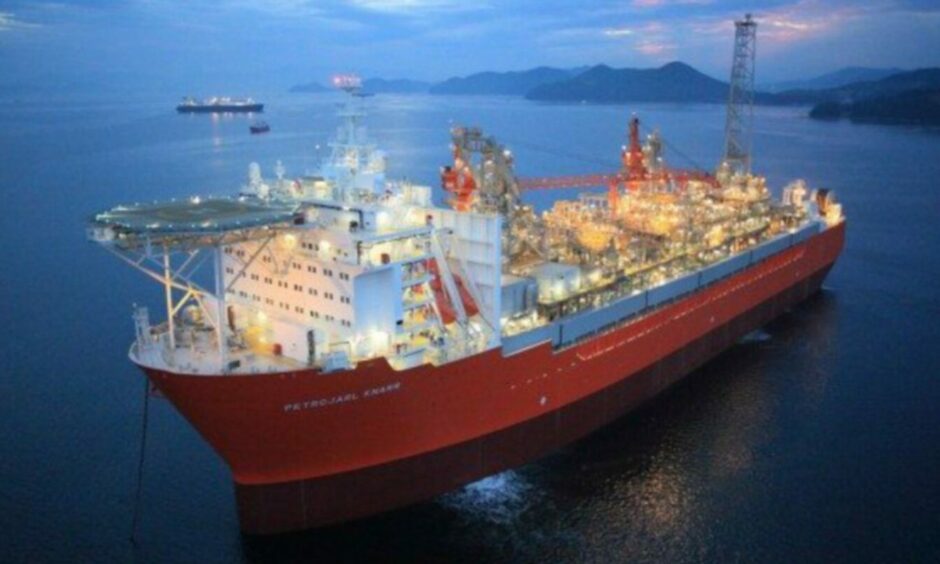
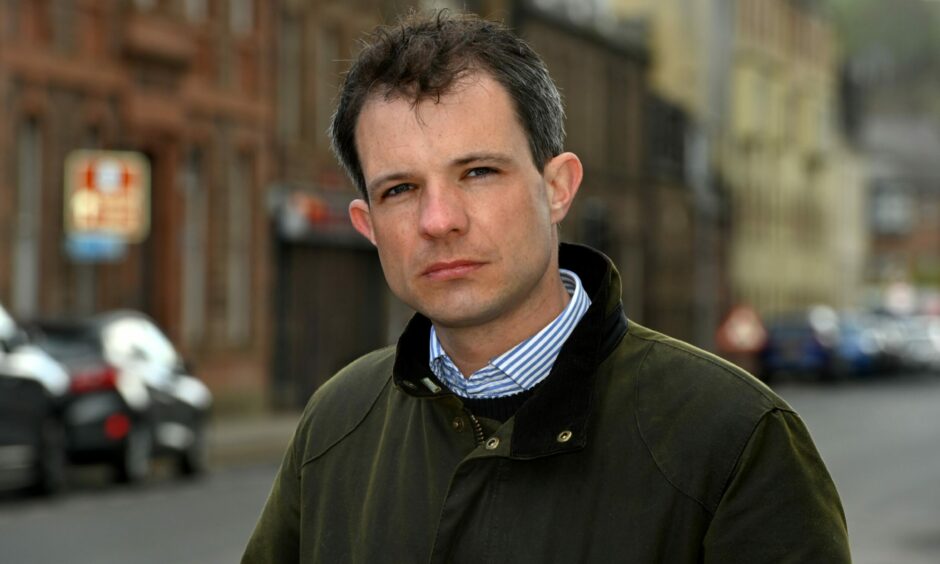


Conversation